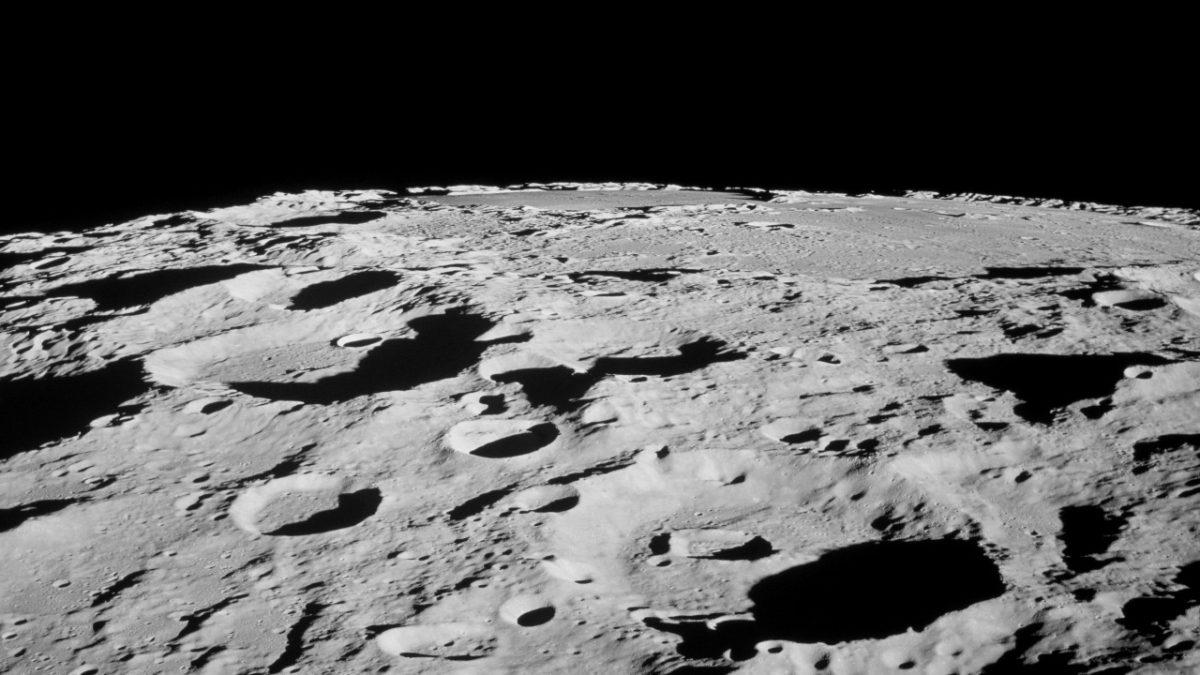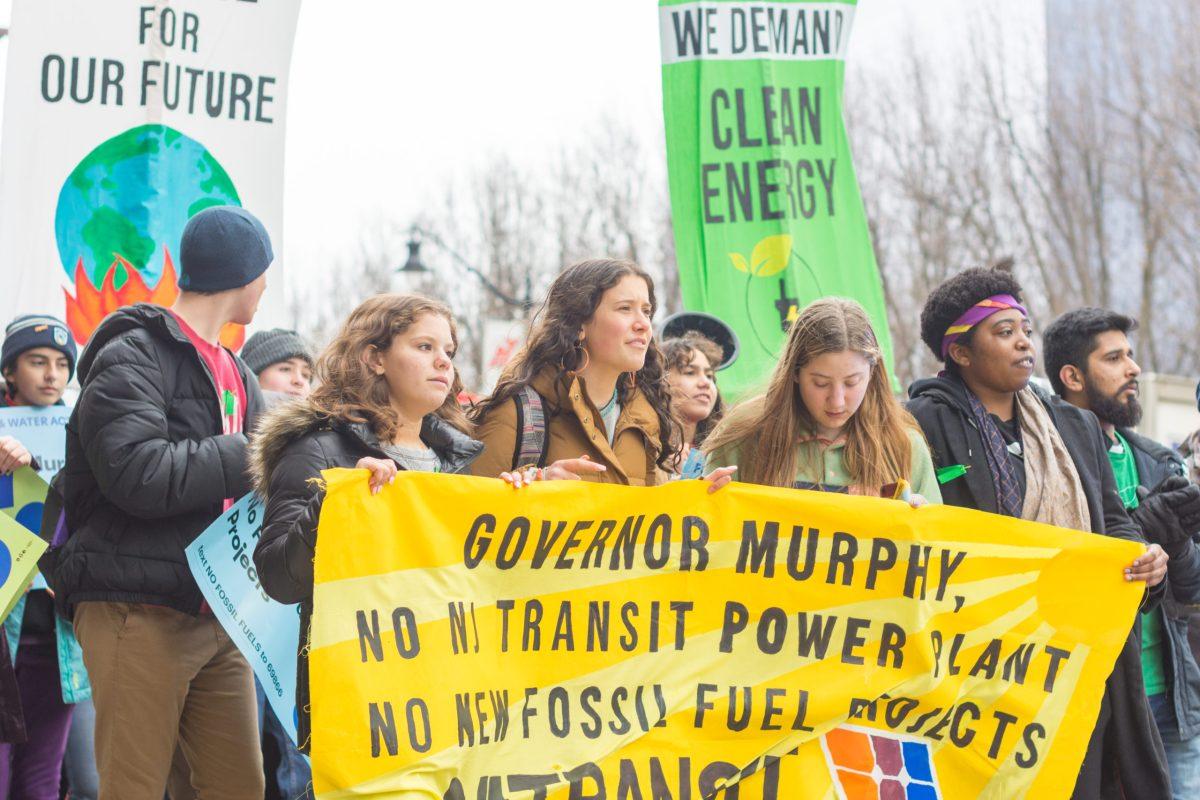Long after dinosaurs went extinct, humans are committing the ultimate act of self-sabotage: mass killings of fellow mammals. Over the last 150,000 years, humans evolved alongside other mammals that inhabited Earth for millions of years following the long shadow cast by the dinosaurs. Last spring, the last southern white rhino male—Sudan—died after an entire life in captivity while his fellow rhinos were hunted to the brink of extinction. Many other mammals including dolphins, giraffes, and elephants are endangered, but over 300 large mammals (megafauna) have gone extinct since the dawn of modern humanity 12,000 years ago.
The prevailing notion has been that mammals will recover after humans stop driving them extinct by evolving to fill all the ecological niches left open by previous species of mammals. This theory is wrong. According to a new study by Matt Davis at Aarhus University, mammals will take anywhere between 3 to 7 million years to recover their previous biodiversity—an almost incomprehensible amount of time compared to humanity’s entire existence as a species.
This is an especially serious issue because many of the endangered or extinct megafauna diversely represent evolutionary history. One example to illustrate the concept is that of two endangered animals: the pygmy sloth and the aardvark. Both animals are endangered and play a key role in their respective ecological niches, but pygmy sloths are evolutionarily a relatively new species, while aardvarks are the last living branch of a family that diverged 75 million years ago. Losing aardvarks as a species would be losing all their evolutionary history.
The sad truth is that even if humanity banded together to prevent any more extinctions, and all mammals reproduced much faster than their historical average, it would still take at least one million years for mammals to recover from the scars humanity has left. As stewards of the environment, it is humanity’s job to try and lessen this gruesome effect and to stand with solidarity and respect for our fellow mammals.
It is not known what new life forms will come after us, but as of now, we will be remembered for destruction on par with the storied asteroid that changed the dinosaurs’ and the mammals’ worlds forever.
Photo by John Jones | Creative Commons

































